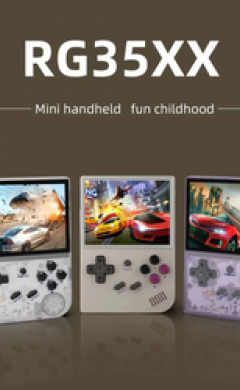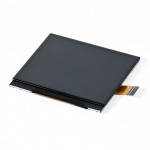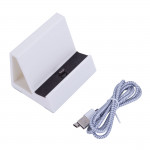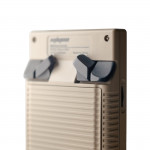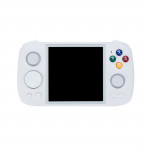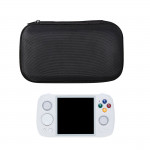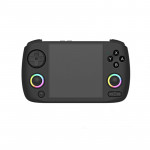GF1 Neptune: An FPGA of the Neptune We Never Got
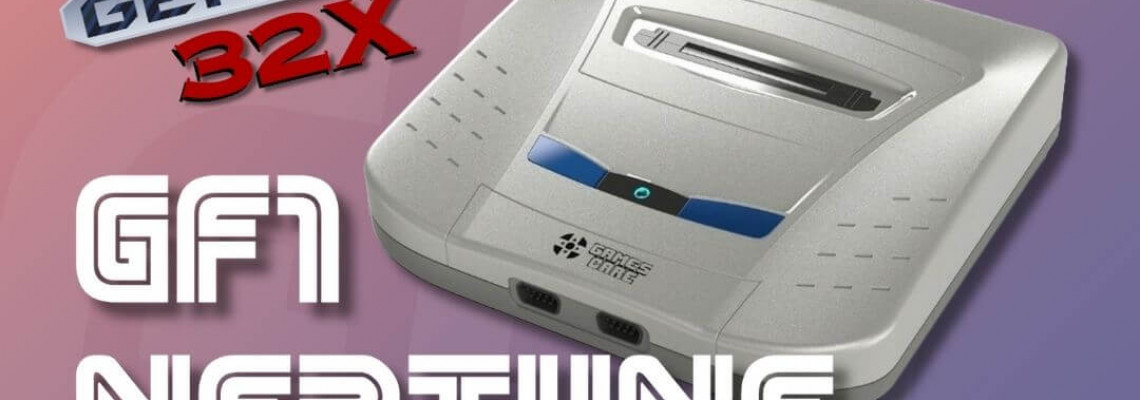
GF1 Neptune: An FPGA of the Neptune We Never Got
Sega announced the Sega Neptune in 1995, almost thirty years ago. It was a brand-new system that fused the Sega 32X and Genesis (known as the Mega Drive outside of the US). In the end, the console would never be made available to the general public. However, as LevelUp first reported, Gamescare, a Brazilian firm, has recently shown the GF1 Neptune. This uses FPGA technology to revive Neptune in an updated manner.
Sega first intended to use the original Neptune to save money by avoiding the costly development of the 32X add-on. The Neptune was a blessing for gamers in the 1990s since it combined the Genesis and the 32X features, which had starting prices of $180 and $160, respectively, and only aimed to sell for $150. Unfortunately, the Neptune would never be seen by the general public. Later, it was shelved in favour of Sega Saturn's development, which was scheduled for release in late 1995.
By releasing an FPGA console that also mixes the Genesis and 32X, Gamescare hopes to make alternate history a reality. However, this time, it has more contemporary features, including wireless internet compatibility, an SD card slot, and HDMI output. Additionally, an online store claims to provide exclusive and new games. Additionally, it will have an expansion slot where the Sega CD add-on may be attached.
Although FPGA technology is not new to retro gaming, it is more recent than software emulation. The processor inside these devices attempts to imitate the entire console rather than just one app, which is how FPGA technology varies from software emulation. The MiSTer FPGA was the catalyst for the widespread deployment of FPGA. Alongside introducing additional consoles, such as the NT Mini Noir and Super NT, the Analogue Pocket further solidified that reputation. Even the more recent FPGBC, which brings the Game Boy Color into the present day, uses FPGA technology.
Gamescare wants to introduce the same innovation to the Sega Neptune as those consoles do to the systems from which they have inspired.
Gamescare has disclosed no further details regarding the console's international release date or status. However, learning about a new FPGA console inspired by a scrapped platform many people are unaware of is pretty thrilling. Follow us on social media to keep informed and connected with Retro Handhelds.
